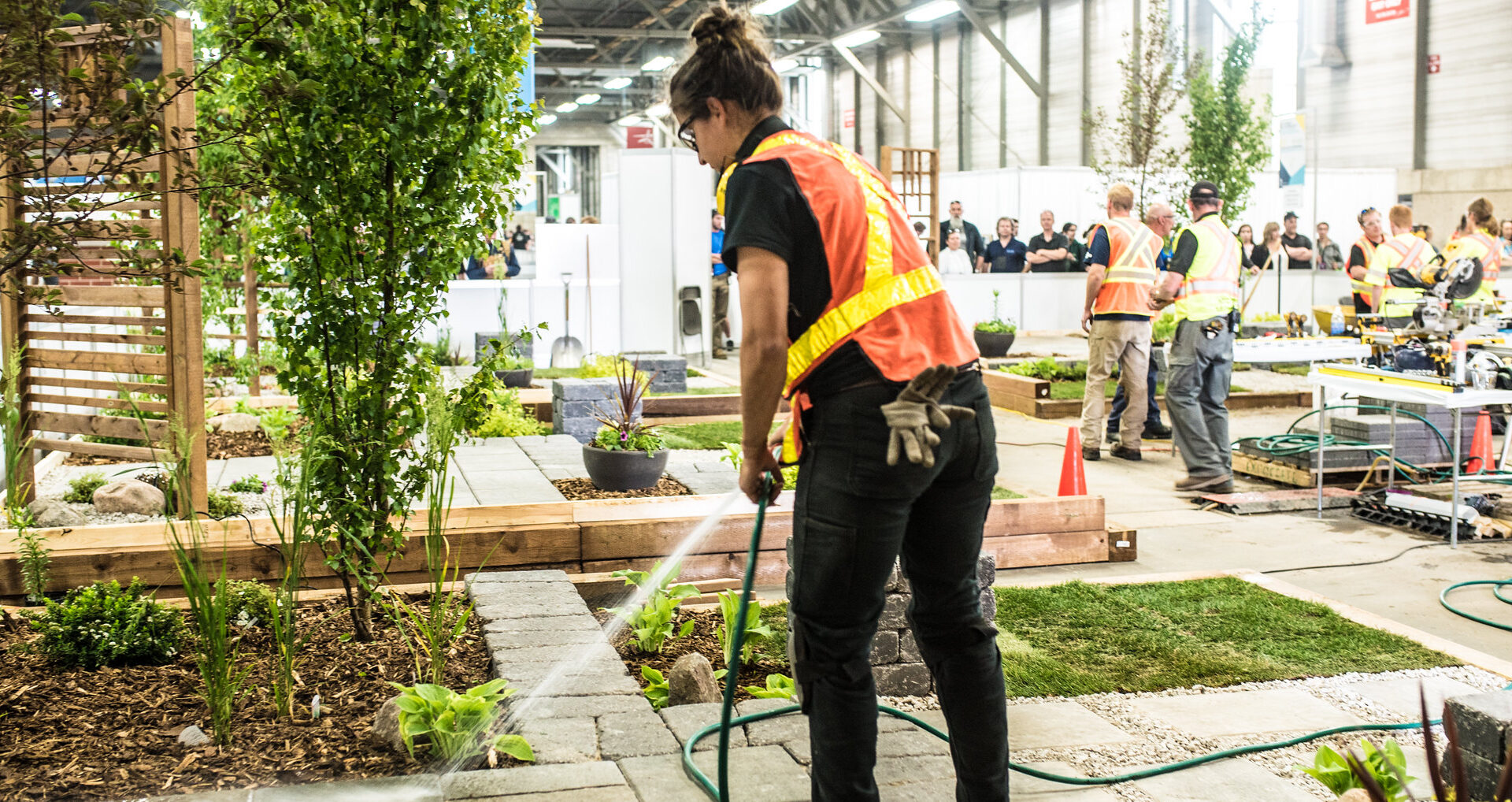Starting a career in landscaping offers a variety of pathways for growth and development. Initially, focus on gaining practical experience and learning about different plants, materials, and landscaping techniques. Consider specialising in a specific area, such as irrigation or garden design, to enhance your skills and value.
As you gain experience, you might pursue roles with more responsibility, like landscape designer or project manager, or even obtain further education to become a landscape architect. These roles involve more complex projects and often require a deeper understanding of design principles and project management.
For those with an entrepreneurial spirit, starting your own landscaping business is a viable option, allowing you to leverage your skills and knowledge to build something of your own. Alternatively, if you're passionate about teaching, you could transition into education, sharing your expertise with aspiring landscapers.
Staying informed about industry trends, especially in sustainable and eco-friendly landscaping, can open up new opportunities and niches. Continuous learning and networking are key to advancing in the landscaping field, providing a rewarding and dynamic career path for those who love working outdoors and creating beautiful, functional spaces.




